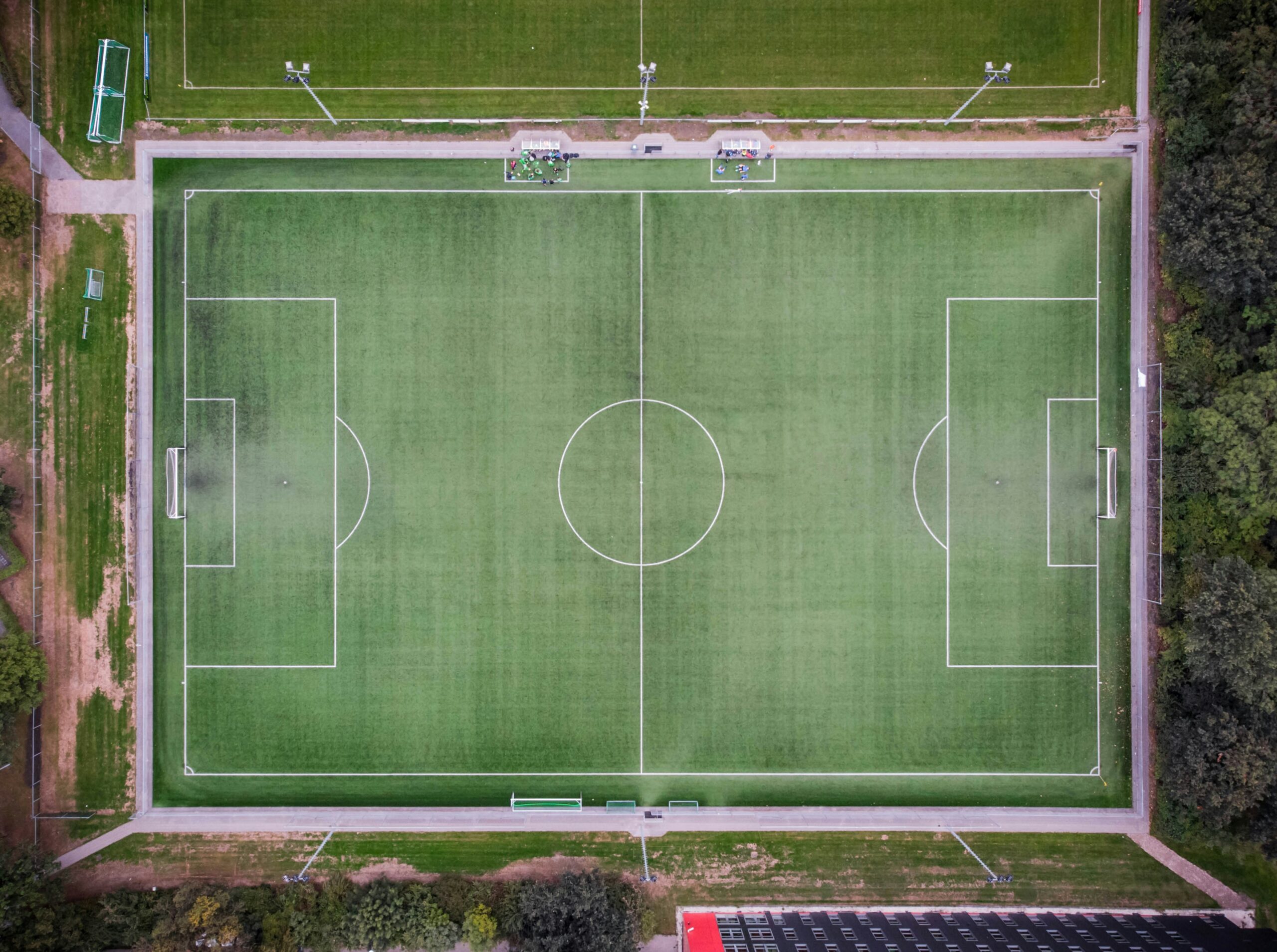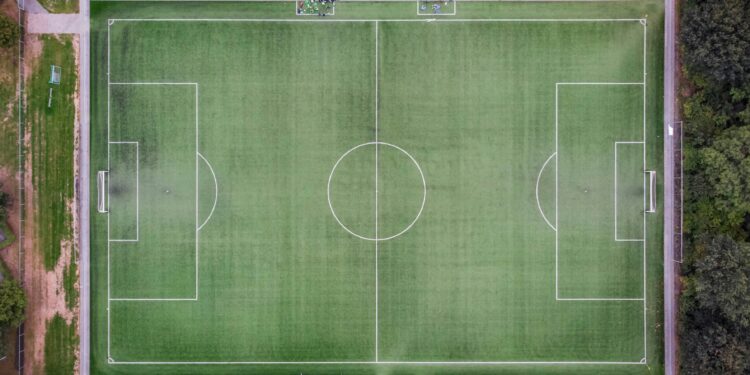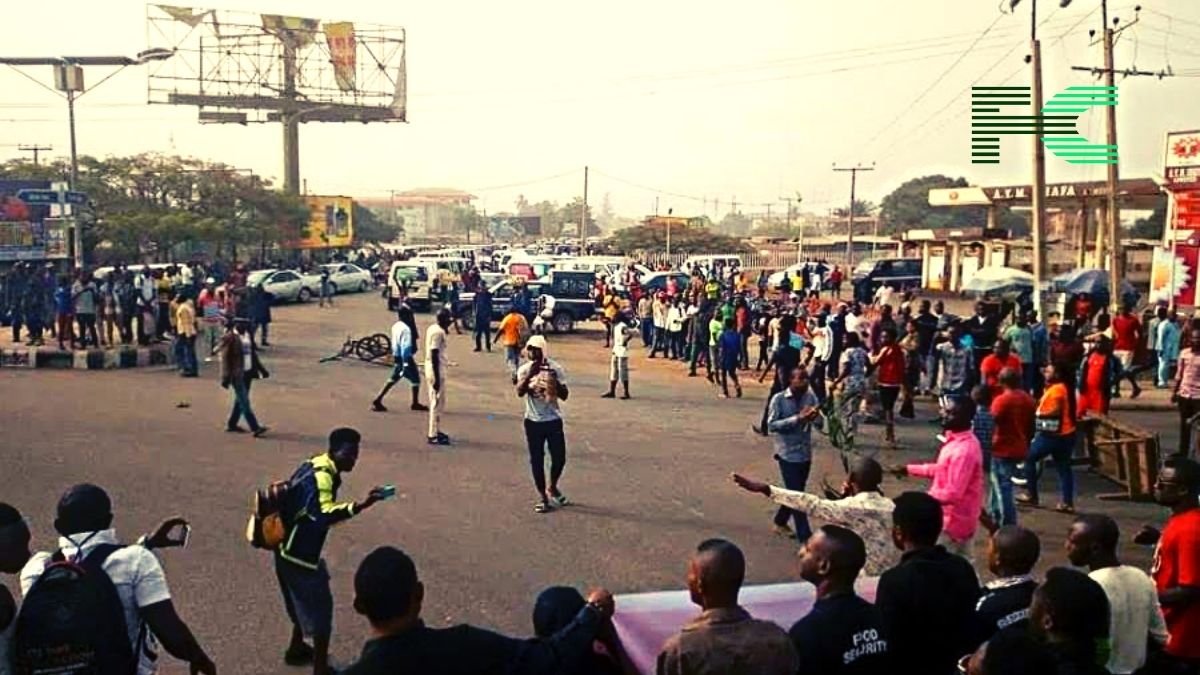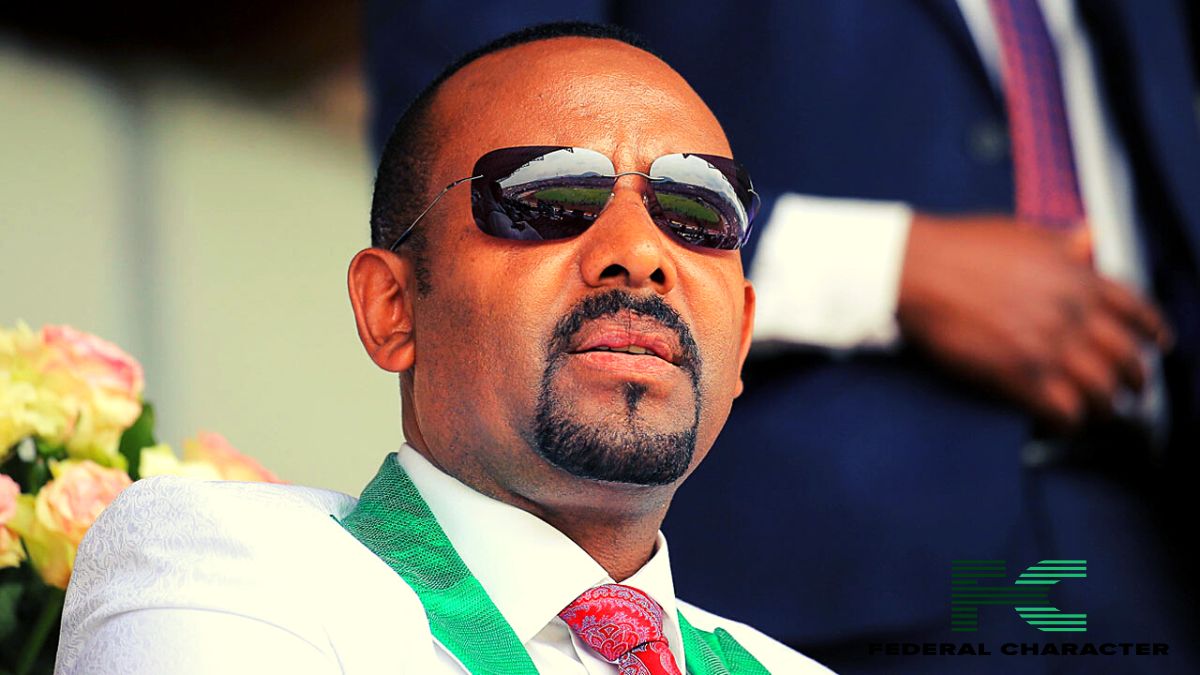The attack on Golan Heights that resulted in the death of 13 people on Saturday including teenagers and children has incited strong reactions from Israel, which has vowed severe retaliation for the strike. While Hezbollah has denied responsibility, Israel asserts that the group is “unequivocally responsible” based on available evidence.
Hezbollah’s Involvement
Hezbollah had previously announced several rocket attacks targeting Israeli military positions and claimed responsibility for firing a Falaq-1 missile on Saturday. Israeli military spokesperson Rear Admiral Daniel Hagari confirmed that forensics identified the missile as an Iranian-made Falaq-1.

Strong Responses to the Attack
For this, Israel PM Benjamin Netanyahu has said that Hezbollah will pay a “heavy price, the kind it has thus far not paid.” Finance Minister Bezalel Smotrich, an ally of Netanyahu’s far-right coalition, has called for a tough response, including targeting Hezbollah’s leader, Sayyed Hassan Nasrallah. Smotrich expressed his sentiments on X, stating that Nasrallah should “pay with his head” and that “all of Lebanon should pay” for the deaths of children.
The United States, which has been leading diplomatic efforts to de-escalate the conflict, condemned the attack as horrific and said U.S. support for Israel’s security remains “iron-clad and unwavering against all Iranian-backed terrorist groups, including Lebanese Hezbollah”.
Netanyahu who is due to return to Israel from his trip to the United States has expedited his return from the United States to convene his security cabinet.
International Concerns
The international community is increasingly concerned about the potential for an escalated conflict between Israel and Hezbollah. Hezbollah, a major Iran-backed militant group, could lead to a broader war, particularly amid ongoing tensions in Gaza. Iran’s foreign minister has warned Israel against further actions in Lebanon, suggesting the possibility of Iranian involvement. With all strong players and alliances active, the possibility of an all-out war cannot be ruled out, however, the consequence of this move will be dire for regional peace and security. Thus, The Lebanese government has requested the U.S. to urge restraint from Israel. The U.S. government has also asked Lebanon’s government to pass on the same message to Hezbollah to show restraint as well.
Conclusion
It is not yet confirmed if the children killed in the attack were Israeli, as the area affected is predominantly inhabited by Druze, an Arab minority practicing a form of Islam. The Druze community, which makes up more than half of the 40,000-strong population of the Golan Heights, also lives on both sides of the line between southern Lebanon and northern Israel, as well as in Syria. While some Druze serve in the Israeli military and identify with Israel, many feel marginalized and some reject Israeli citizenship. Despite the uncertainties regarding the victims’ identities, Israel has claimed the territory as its own and has vowed to “hit the enemy hard.”

















